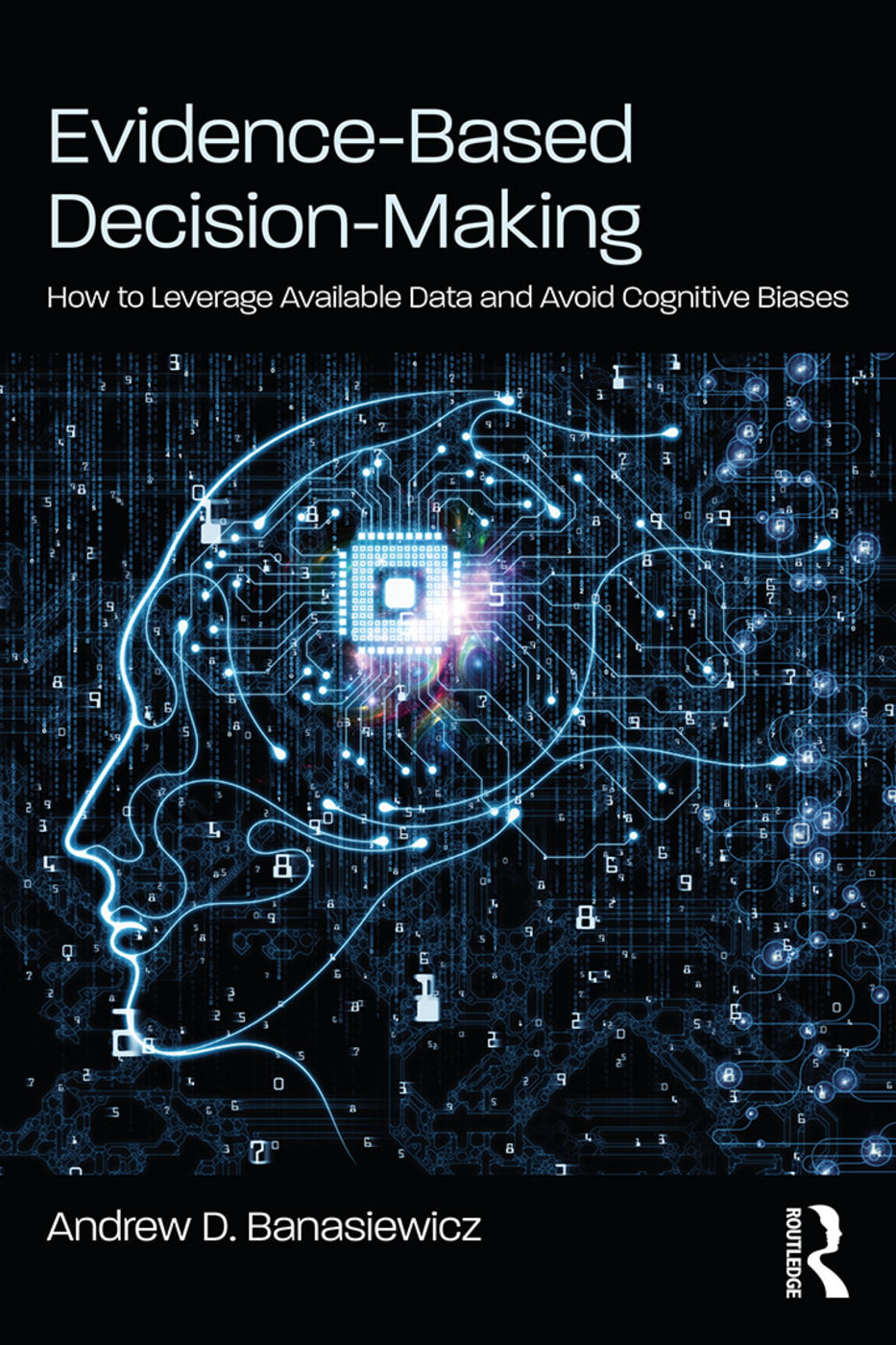Evidence-Based Decision-Making: How to Leverage Available Data and Avoid Cognitive Biases.
The growing importance of data-driven decision-making to organizational competitiveness poses a number of vexingorganizational learning related questions.In order for organizations to develop methodologically-sound and informationally-complete learning capabilities that go beyond mere accumilation, storage and cataloging of data and other informational assets, more explicit information amalgamation and synthesis focused frameworks are needed. The Empirical & Experiential Evidence (3E) framework outlined in our new book is built around the idea that since the primary utility of organizational knowledge is to support organizational decision-making, topically-related data and information can be considered decision-guiding evidence. The framework’s evidence synthesis logic parallels the general 6-step process of identifying, assessing, aggregating, weighing, agglomerating and incorporating distinct but related information, but that process is nested within a 3-tier evidence classificatory schema which categorizes all available decision inputs into two broad meta-categories, four more narrowly scoped categories, and twelve even more operationally meaningful sub-categories. While emphasizing utilization of broadly defined operational data, the approach detailed in Evidence-Based Decision-Making is nonetheless expressly assimilative, insofar as it also encapsulates other common sources of organizational insights, most notably applicable scientific research, industry norms and standards, and objectified expert judgment.
top of page
$51.99Price
bottom of page
